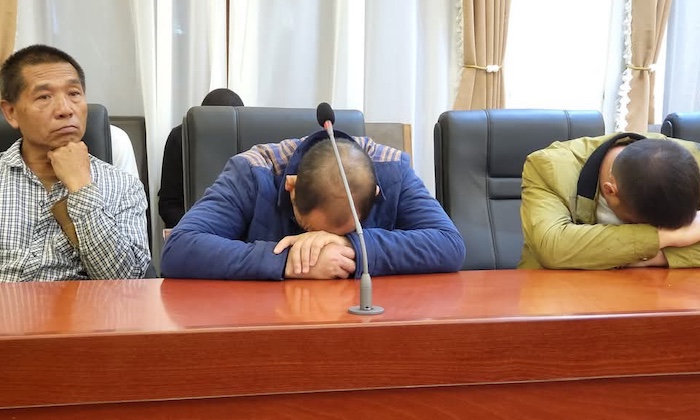Three Chinese nationals have been detained along with 12 gold bars and $800,000 in cash in the eastern part of the Democratic Republic of Congo, according to officials.
The gold and cash were concealed beneath the seats of the vehicle they were in, as reported by Jean Jacques Purusi, the governor of South Kivu province, adding that the operation to apprehend the men had been kept confidential due to the recent release of a different group of Chinese nationals who were accused of operating an illegal gold mine in the region.
Eastern DR Congo is rich in natural resources, including gold, diamonds, and minerals used in making batteries for mobile phones and electric vehicles. Foreign entities have exploited this mineral wealth since the colonial period, a major factor behind the ongoing instability in the region for the last three decades.
Militant groups control numerous mines in eastern DR Congo, with their leaders profiting from sales to intermediaries.
Purusi noted that some of these dealers in precious metals maintained connections with influential individuals in the capital, Kinshasa, which necessitated the discreet nature of the recent arrests.
He said that they acted on a tip-off, and the gold and cash were discovered following a thorough search of the vehicle in the Walungu area, close to the border with Rwanda. He did not specify the exact quantity of gold seized.

Last month, the governor expressed his disbelief when he learned that 17 Chinese nationals who had been detained for allegedly managing an illegal gold mine had been released and permitted to return to China. The Chinese embassy has yet to respond to the allegations.
These arrests come amidst ongoing conflict in the adjacent North Kivu province, where a rebel group supported by Rwanda has gained control over significant territories.
Last month, DR Congo announced plans to sue Apple for the use of “blood minerals,” leading the tech company to disclose that it had ceased obtaining supplies from both DR Congo and neighbouring Rwanda.
Rwanda has denied any role in facilitating the export of illegal minerals from DR Congo.
In their lawsuit, attorneys representing the Congolese government claimed that minerals extracted from conflict zones were subsequently “laundered through international supply chains.”


